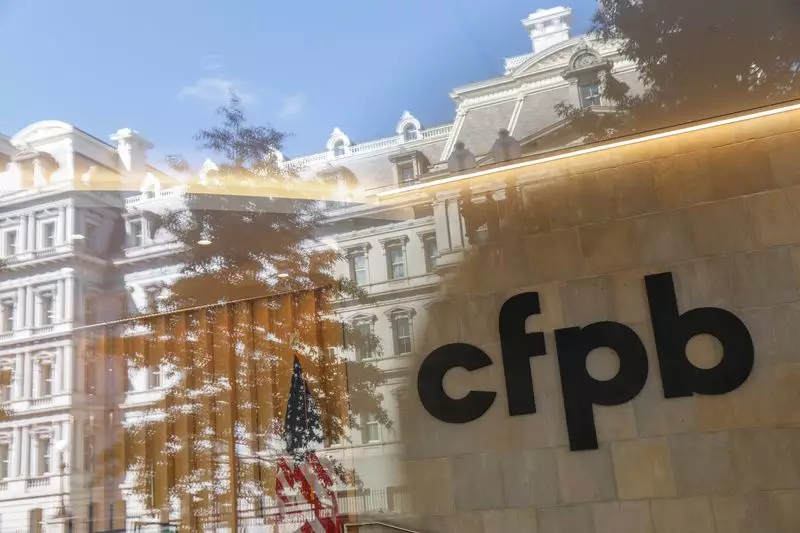In a recent ruling by the 5th U.S. Circuit of Appeals, a Texas judge’s decision to transfer an industry-backed lawsuit challenging an agency rule on credit card late fees to Washington, D.C., has shone a spotlight on the issue of “judge shopping” in the United States. This ruling has sparked a broader debate over the practice of choosing specific courts and judges to hear cases based on their perceived biases.
The 2-1 decision by the 5th Circuit of Appeals in favor of business and banking groups highlights the jurisdictional victory for those challenging President Joe Biden’s administration’s policies. The dispute centered around a rule by the Consumer Financial Protection Bureau (CFPB) targeting what it considers “excessive” fees charged by credit card issuers for late payments. The rule mandates that credit card issuers with more than 1 million open accounts can only charge a maximum of $8 for late fees, significantly lower than the previous amount allowed.
The debate over “judge shopping” intensifies as litigants strategically choose courts where they believe they will receive a favorable outcome. This practice has come under scrutiny, with critics arguing that it undermines the impartiality of the judicial system and allows parties to manipulate the legal process to their advantage. The lawsuit’s transfer from Texas to Washington, D.C., further underscores the growing concerns about forum shopping and its impact on legal proceedings.
Division Among Judges
The dissenting opinion by U.S. Circuit Judge Stephen Higginson, an appointee of Democratic former President Barack Obama, reflects the differing perspectives on the issue. Higginson argued that the ruling limiting the trial judge’s authority once an appeal is filed restricts the court’s discretion in managing its docket and preventing forum shopping. On the other hand, Judges Don Willett and Andrew Oldham, both appointees of Republican former President Donald Trump, emphasized the importance of upholding the integrity of the legal process and preventing judicial manipulation by parties.
Policy Implications
The ruling in this case brings to light the challenges faced by the judiciary in addressing the issue of “judge shopping.” The decision to transfer the lawsuit to Washington, D.C., despite objections from the business groups, raises questions about the practical implementation of policies aimed at curbing forum shopping. As the debate continues, stakeholders must consider the balance between ensuring access to justice and preventing the abuse of the legal system for strategic gains.
The recent ruling by the 5th U.S. Circuit of Appeals in the case challenging the CFPB rule on credit card late fees underscores the complexity of the “judge shopping” debate in the United States. The decision highlights the need for a comprehensive approach to address forum shopping and preserve the integrity of the legal system. As the legal community grapples with these challenges, it is essential to strive for a fair and transparent judicial process that upholds the principles of justice and equality for all parties involved.

